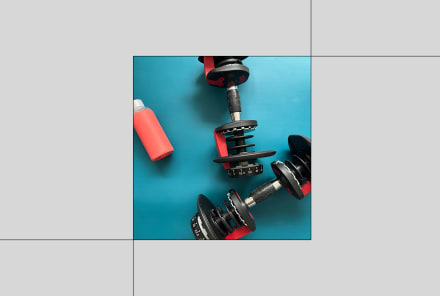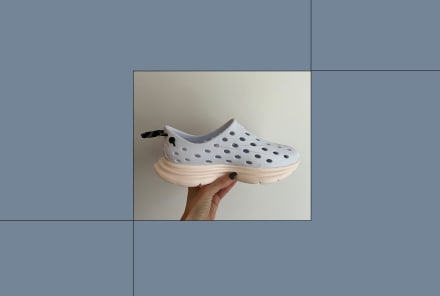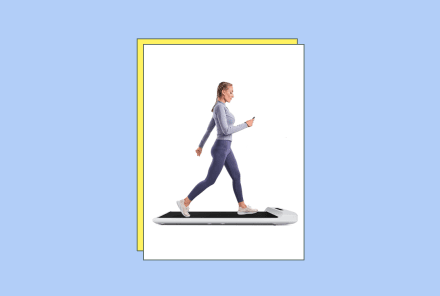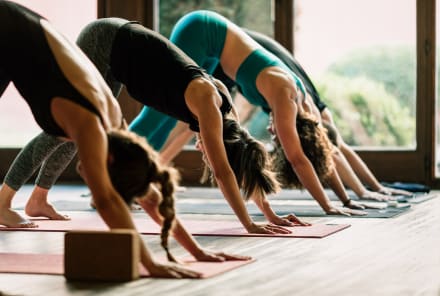Advertisement
This Is The Only Real Way To Tell If You're Dehydrated

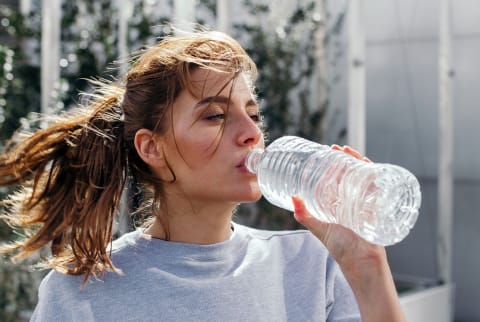
Nothing affects the body from head to toe quite like dehydration. There are a few ways to tell if you could use an extra glass of water—dry skin, a pounding headache, or fatigue are familiar signs for many. However, a recent study has shown that when it comes to measuring dehydration, we've been getting it all wrong.
A recent study decided to investigate how this plays out in care homes, as the elderly are often more susceptible to getting dehydrated. They went about all the normal practices that most people use when diagnosing dehydration—asking how the patients were feeling, looking at their eyes and mouths, and measuring blood pressure, for example.
These results were compared to the "gold standard" of dehydration measurements: a blood test, focused on serum osmolality, that's known for its accuracy. After comparing the results of the common tests with the blood test, researchers found that the common tests were way off, totally missing the mark on how dehydrated people actually were.
In fact, the results were so off that researchers suggest taking those measures out of medical practices completely.
Missing the signs of dehydration can have some serious consequences. Dehydration can be at the root of plummeting energy levels and problems like allergies or asthma. For athletes and hot yoga regulars, staying hydrated is key to fueling performance.
This may not come as too much of a shock, but the easiest way to prevent dehydration is by remembering to drink water. While there's no set recommendation of how much water to have each day, the CDC typically advises it should be somewhere around 90 and 125 ounces.
We're not going to pretend drinking water all day is tons of fun, but there are plenty of other ways to stay hydrated that don't involve your bottle. Whether you're a triathlete, a busy mom, or an elderly person in a care home, hydration is key to keeping your health in check.
Watch Next
Enjoy some of our favorite clips from classes
Enjoy some of our favorite clips from classes
What Is Meditation?
Mindfulness/Spirituality | Light Watkins
Box Breathing
Mindfulness/Spirituality | Gwen Dittmar
What Breathwork Can Address
Mindfulness/Spirituality | Gwen Dittmar
The 8 Limbs of Yoga - What is Asana?
Yoga | Caley Alyssa
Two Standing Postures to Open Up Tight Hips
Yoga | Caley Alyssa
How Plants Can Optimize Athletic Performance
Nutrition | Rich Roll
What to Eat Before a Workout
Nutrition | Rich Roll
How Ayurveda Helps Us Navigate Modern Life
Nutrition | Sahara Rose
Messages About Love & Relationships
Love & Relationships | Esther Perel
Love Languages
Love & Relationships | Esther Perel

